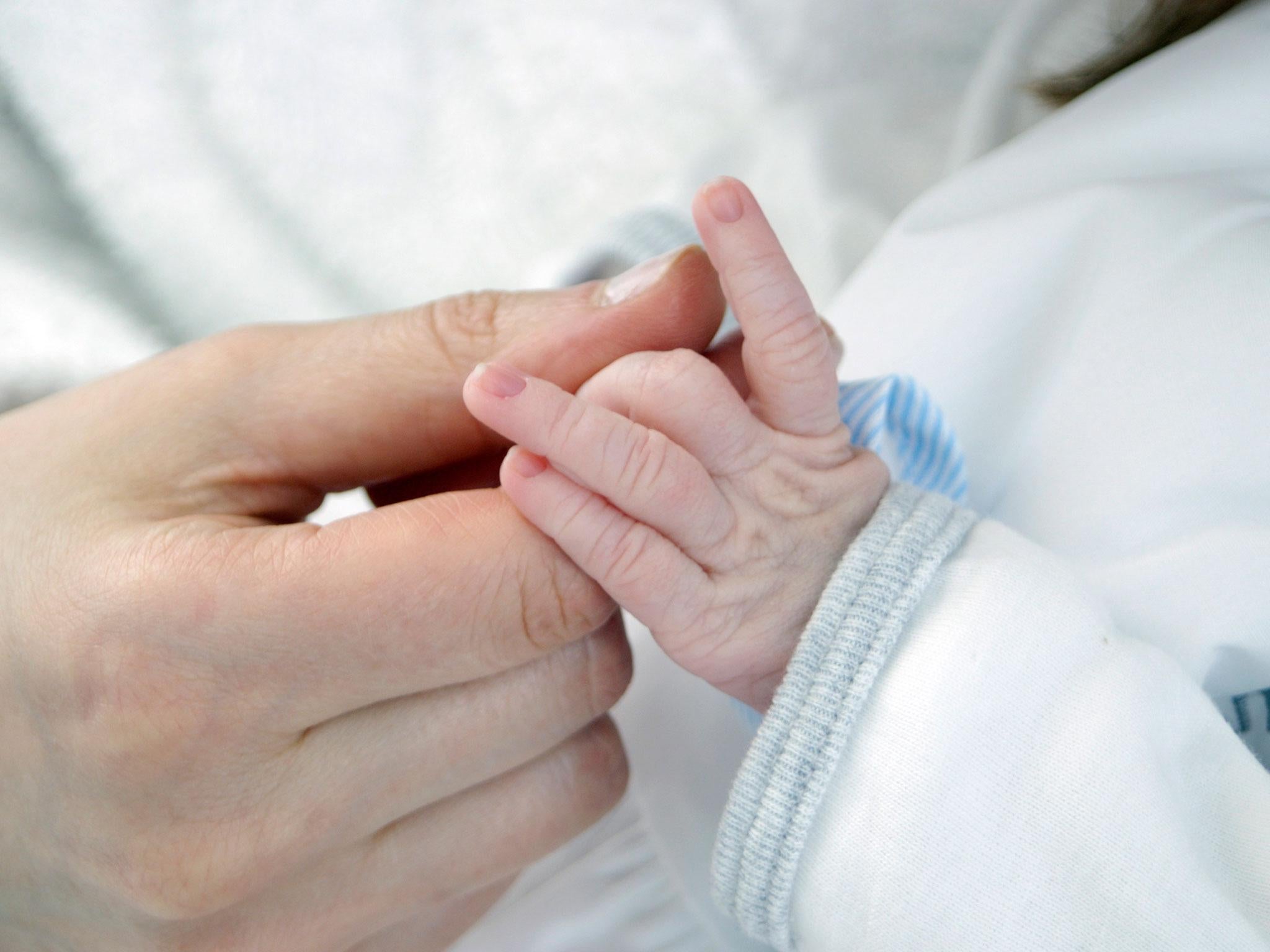The Independent's journalism is supported by our readers. When you purchase through links on our site, we may earn commission.
Stillbirth is a costly tragedy that affects three women every day – but why is it still happening?
The lifelong impact that stillbirth, early death and resulting disability has on families cannot be underestimated. Each avoidable case costs the NHS around £7m in compensation, accounting for almost half the NHS litigation budget

There is a saying that a million deaths is a statistic and one death is a tragedy. For the parents of children who are stillborn there may be no sentiment more apt, but the statistics are still important: today, in the UK, one in 200 babies delivered after 24 weeks of pregnancy is stillborn.
That might not sound like many, but the problem of stillbirth touches far more families than this initial figure suggests and until now we’ve known far too little about why it happens. Once we understand what causes it, the statistics become more troubling.
Scientists and doctors at the Royal College of Obstetricians and Gynaecologists last week published a report into unexpected deaths in labour or within six days of birth, and the births of children who were born severely brain damaged, during in the calendar year 2015.
Though there have been many studies to identify those babies that are at risk of death before pregnancy reaches full term, but there is still very little known about babies that die during labour despite being delivered at term (after 37 weeks of pregnancy). This report is the first from a five-year study which will gather information on every single such stillbirth or disability case in the UK for five years from 2015.
It has already identified that, as well as babies who die during birth, there are also examples of many babies who experience high levels of oxygen deprivation at birth – a key cause of stillbirth – and yet survive, many of whom may not live beyond infancy or may suffer a lifelong disability as a result.
Of 800,000 births in the UK in 2015, 921 babies were affected in this way. That means every single day two or three mothers face the devastating outcome of their baby dying in labour, or being so severely oxygen starved that they die within six days of birth or are left with brain damage. The problem is far wider than the initial stillbirth figure, accounting only for death at the moment of delivery, suggested.
What happens next, after an unnecessary or unexpected stillbirth, is also troubling. While some local NHS Trusts are conducting reviews into each such case, more than a quarter of local investigations were of poor quality. And though the majority of these local reviews included a midwife and obstetrician to assess the case, less than one in 10 faced external scrutiny too. Additionally, parents were involved sporadically in the investigations with only about 50 per cent of parents being aware an investigation was taking place and less than 30 per cent being offered the chance to contribute to this process.
Like many of my colleagues in the field of obstetrics and gynaecology, I have witnessed these tragic cases first hand. The lifelong impact that stillbirth, early death and resulting disability has on families cannot be underestimated, not only emotionally but also financially. Each case of disability such as this – which research may discover is entirely avoidable – costs the NHS around £7m in compensation for complex lifelong support, and accounts for almost half the NHS litigation budget.
In order to reduce the number of babies dying during birth or shortly afterwards, not only do we need better data reporting to understand why this happens but also better guidance for all doctors, midwives, hospital managers and analysts carrying out case reviews. We need a health service that recognises that stillbirth, early birth and resulting disability are nevertheless unnecessary and costly tragedies that are still happening despite the availability of good quality ante-natal care and assistance during labour.
A mother dying in birth is, happily, now a very rare event in the UK. That is, in part, due to the concerted efforts of the confidential enquiries process into maternal death. We now owe this same level of scrutiny, to achieve the same results, for the UK’s babies.
Reena Aggarwal is a specialist registrar in obstetrics and gynaecology at Queen's Hospital in London. She is among a group of doctors taking part in RideLondon to raise awareness about stillbirth


Join our commenting forum
Join thought-provoking conversations, follow other Independent readers and see their replies